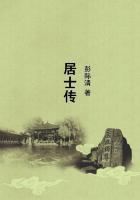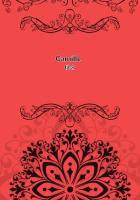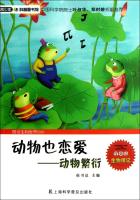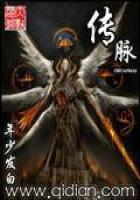Proceeding in this method he discovers, both in matter and mind, an established order and excellent general laws, and on this subject quotes largely from his contemporaries Berkeley and Pope.He constantly appeals to these laws as illustrating the divine wisdom; and to the excellence of laws as justifying the divine procedure, despite certain incidental acts which may flow from them.As inquirers discover these laws, science is advanced; and he dwells as fondly on the progressiveness of knowledge as Bacon had done and as Stewart has done.
In particular, he shows that if we look at human nature as a whole, and at its several parts, we shall find beneficent general laws.He discovers in our constitution means to moral ends, and the science of these means and ends is properly {101} called moral philosophy.He shows that by such a study we can discover what are natural laws; and that, in all well-regulated states, the sum and substance of what is called its civil laws are really laws of natural and universal obligation adding that "civil law adopts only those laws of nature on which the quiet of mankind entirely depends, and that there are other duties to which men must attend out of reverence to their Creator and sincere love to mankind, without regard to the fear of human penalties." He shows that mankind are not left indifferent to virtue and to beauty: "As we are capable of distinguishing truth from falsehood, so we are capable of distinguishing good and approvable actions, affections, and characters, from bad and disapprovable ones." He would call this capacity moral sense, moral taste, moral discernment, or moral conscience.
Like Shaftesbury (" who must live forever in the esteem of all who delight in moral inquiries"), and Hutcheson, whom he often approvingly quotes, he represents the virtues as capable of being reduced into benevolence.
In unfolding the elements of human nature, he dwells with evident fondness on the "association of ideas." He does not seem to attempt an ultimate resolution of the laws; but he considers association as "a league or cohesion formed by frequent conjunction in the mind," and says that "any appearance immediately suggests its concomitants and consequents to us." He adds, that association is more easily engendered between ideas that have some affinity or likeness." It may be doubted whether we have a better account at this day of the law of association as a whole.In regard to what Brown calls " secondary laws," and Hamilton the " law of preference," he prescribes two rules from Cicero for helping the memory: one is to attend to the things we would wish to recall; and the other is to consider its analogies, relations, and oppositions to other objects which will thus call it up.He accounts (as Stewart does) by the association of ideas for the law of habit, which he represents as a " propension to do, and a facility and readiness in doing, what we have often done." He shows truly and ingeniously how association influences the senses, by connecting the qualities perceived by one sense with those perceived by the others (a subject much dwelt on in a later age {102} by Brown); and, in particular, how, according to the theory of Berkeley, it aids the eye in discovering distance, not itself an idea of sight.He shows how our ideas have other ideas so associated with them that they make one perception, and how difficult it is to separate ideas that have thus been associated, and to find out precisely and philosophically what is involved in any particular idea, and how apt we are in consequence to confound qualities that are different.He is particularly successful in showing that desires and volitions are prompted by associations." Ideas, as often as they return, must excite certain affections; and the affections which lead to action must, as often as they are revived, dispose and excite to act, or, in other words, produce will to act."He remarks that " very few, if any, of the ideas which excite our warmest and keenest affections are quite free from associated parts." He insists that " various associations must produce various tempers and dispositions of mind; since every idea, as often as it is repeated, must move the affection it naturally tends to excite, and ideas with their correspondent affections often returning must naturally form inclinations, propensions, and tempers." He would account in this way for much of our feeling of beauty, and for propensity to imitate passing into custom.His exposition of the association of ideas is more satisfactory and accurate than the one, so much commended, published by Hume at the same time; and is far more philosophical than that given by Reid, who, in this respect, fell behind his master.I jam acquainted with no exposition of this part of our constitution published prior to his time which seems to me so full and correct.















